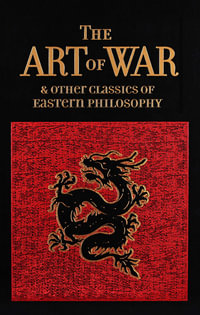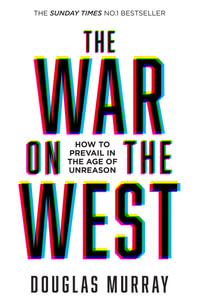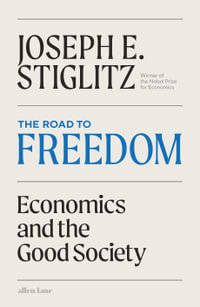"A scholarly and passionate book. De Waal is impressive in his ability to conceptualize such a broad topic."
Geographical"This is the most important book on famine to appear for some time. Alex de Waal's ideas on famine crimes and atrocities are particularly relevant and we must take heed of his warnings that the decline in famine deaths in the last few decades could be reversed."
Peter Atkins, Durham University "Alex de Waal's new book makes a persuasive case that the large decline in famine death over the past three decades is in part attributable to the success of the international humanitarian aid system, even with its kinks and weaknesses. This book should be required reading for donor government policymakers, particularly those who propose slashing aid budgets."
Andrew S. Natsios, Executive Professor, George H.W. Bush School of Government and Public Service, Texas A&M University
"For the first time in decades, mass starvation threatens multiple countries. Alex de Waal has written an important and timely book explaining how famine has made a comeback. Each famine is unique, but de Waal guides us through the complexities to highlight the element common to all today’s famines: the weaponization of starvation and the roll-back of humanitarian norms.
Mass Starvation is a both a fine work of scholarship and an urgent call to action."
Jean-Marie Guehenno, President & CEO, International Crisis Group and Former UN Under Secretary-General for Peacekeeping Operations
"Drawing on Alex de Waal's unrivalled understanding and experience of famines and written with his usual flair, this book presents some good news (that human-made famines have been on the decline) along with a stark warning that they may now be on the rise again, especially in the Middle East."
David Keen, LSE?
"An authoritative history of modern famines."
Green Left
“An ambitious, intelligent, and original book”
Canadian Journal of History
























